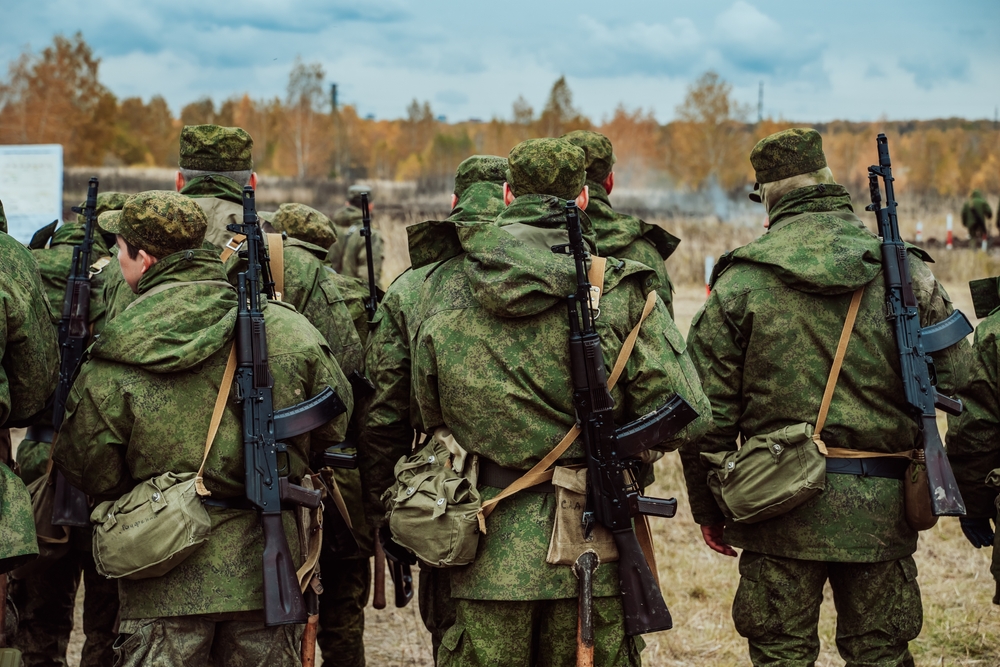Approximately 60 aircraft will take part, including F-35A fighter jets and B-52 bombers.
Others are reading now
On Monday, October 14, NATO is scheduled to begin large-scale nuclear readiness exercises called Steadfast Noon, which will involve around 2,000 military personnel and dozens of aircraft from 13 countries.
60 Aircraft Will Parttake
These drills, designed to test the alliance’s defensive capabilities, come at a time of heightened geopolitical tension.
NATO Secretary-General Mark Rutte emphasized the importance of these exercises, stating, “In an uncertain world, it is crucial to ensure our defense systems are fully prepared.”
While the exercises will not involve the use of actual nuclear weapons, they will simulate operations with military aircraft capable of carrying U.S. nuclear bombs, according to Digi24.
Also read
Approximately 60 aircraft will take part, including F-35A fighter jets and B-52 bombers, with operations taking place over the skies of the United Kingdom, the North Sea, Belgium, and the Netherlands.
Reaction to Updated Nuclear Doctrine
According to NATO officials, these exercises aim to demonstrate the alliance’s readiness to respond to any potential threats.
The drills are part of routine training and are not linked to specific current events or heightened risks. Rutte affirmed that no immediate risks related to nuclear weapons have been identified and advised allies not to be swayed by nuclear threats from Russia.
These simulations occur against the backdrop of Russian President Vladimir Putin’s renewed nuclear rhetoric. In September, Putin updated Russia’s nuclear deterrence doctrine, raising concerns internationally. However, the European Union has reiterated that these threats will not deter its ongoing support for Ukraine.
NATO’s upcoming exercises are seen as a reassurance of its collective defense capabilities, ensuring that the alliance is prepared to protect its members and uphold international security.


